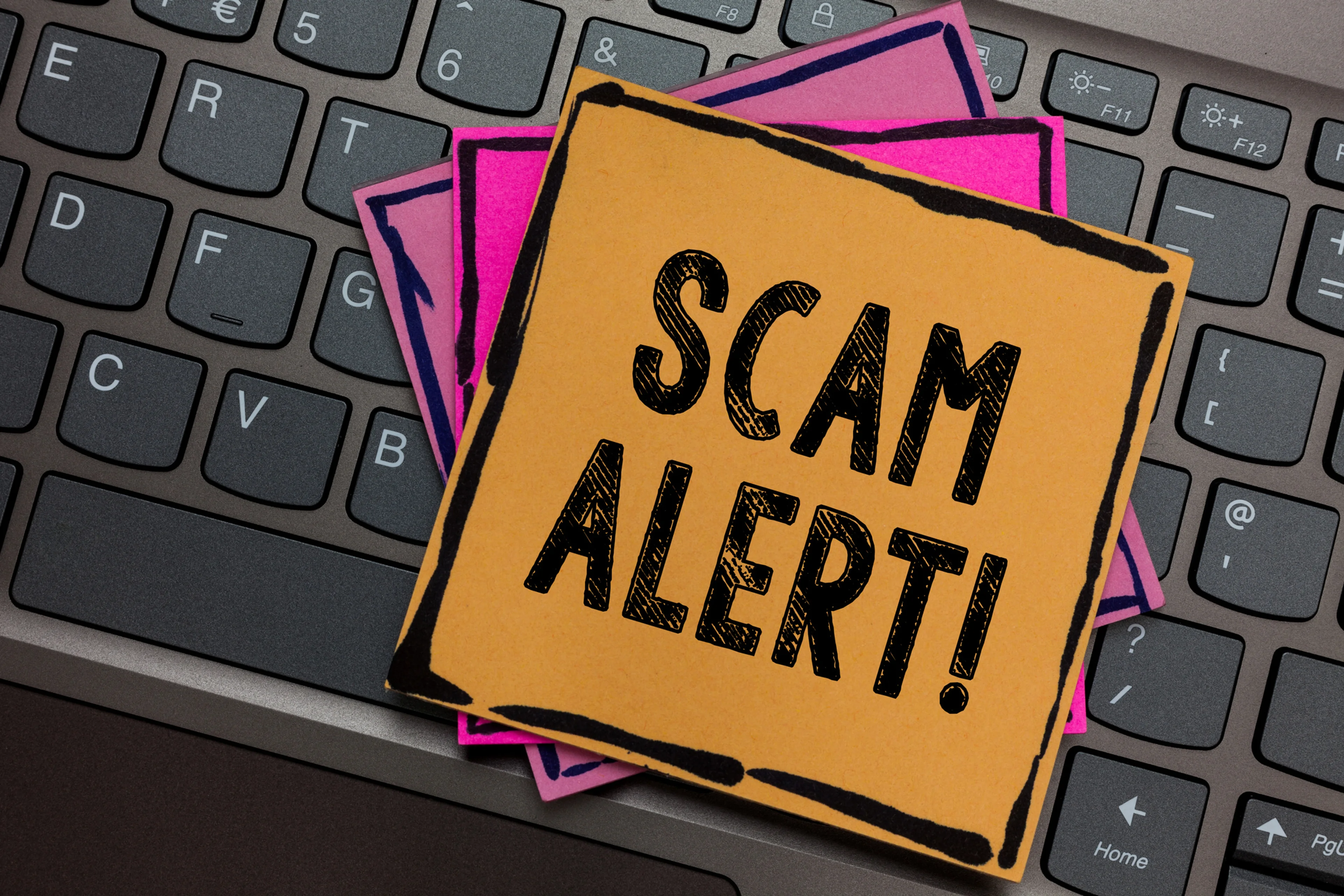
IRS Issues Another Warning Against Employee Retention Credit Scams This Filing Season
The Internal Revenue Service (IRS) is once again reminding taxpayers to carefully review the Employee Retention Credit (ERC) guidelines before trying to claim the credit as promoters continue pushing ineligible people to file. An initial warning about this scheme was shared by the IRS in November 2022, but there continue to be attempts to claim the ERC during the 2023 tax filing season.Like the IRS, our tax professionals continue to see third parties aggressively promoting these ERC schemes on radio and online. These promoters charge large upfront fees or a fee contingent on the amount of the refund and often do not consider the guidelines associated with claiming this credit. The IRS is actively auditing and conducting criminal investigations related to these false claims. To avoid this scheme, taxpayers should work with a trusted business tax advisor to determine their eligibility and apply for the credit appropriately. If the business filed an income tax return deducting qualified wages before it filed an employment tax return claiming the credit, the business should file an amended income tax return to correct any overstated wage deduction.As a reminder, taxpayers are always responsible for the information reported on their tax returns. Improperly claiming the ERC could result in taxpayers being required to repay the credit along with penalties and interest.
What is the ERC?
The ERC is a refundable tax credit designed for businesses who continued paying employees while shut down due to the COVID-19 pandemic or who had significant declines in gross receipts from March 13, 2020, to Dec. 31, 2021. Eligible taxpayers can claim the ERC on an original or amended employment tax return for a period within those dates.To be eligible for the ERC, employers must have experienced one of the following:
- Sustained a full or partial suspension of operations due to orders from an appropriate governmental authority limiting commerce, travel or group meetings due to COVID-19 during 2020 or the first three quarters of 2021
- Experienced a significant decline in gross receipts during 2020 or a decline in gross receipts during the first three quarters of 2021
- Qualified as a recovery startup business for the third or fourth quarters of 2021
Keep in mind, only recovery startup businesses are eligible for the ERC in the fourth quarter of 2021. Additionally, for any quarter, eligible employers cannot claim the ERC on wages that were reported as payroll costs in obtaining PPP loan forgiveness or that were used to claim certain other tax credits.Click here to view a more detailed understanding of the employee retention credit.
Beware of These Additional Scams
The IRS is also warning taxpayers of new scams that urge people to use wage information on a tax return to claim false credits in hope of getting a big refund. One scheme encourages people to use tax software to manually fill out a Form W-2 and include false income information. In this W-2 scheme, scam artists suggest people make up large income and withholding figures as well as the employer it is coming from. Scam artists then instruct people to file the bogus tax return electronically in hopes of getting a substantial refund – sometimes as much as five figures – due to the large amount of withholding.Two variations of this scheme are also being seen by the IRS, which both involve misusing Form W-2 wage information in hopes of generating a larger refund:
- Using Form 7202, Credits for Sick Leave and Family Leave for Certain Self-Employed Individuals. This scheme encourages taxpayers to claim a credit based on income earned as an employee and not as a self-employed individual. These credits were available for self-employed individuals for 2020 and 2021 during the pandemic; they are not available for 2022 tax returns.
- Using Schedule (Form 1040), Household Employment Taxes. This involves people making up fictional employees employed in their household and using Schedule H (Form 1040), Household Employment Taxes, to try claiming a refund based on false sick and family wages they never paid. The form is designed to report household employment taxes if a taxpayer hired someone to do household work and those wages were subject to Social Security, Medicare or FUTA taxes, or if the employer withheld federal income tax from those wages.
The IRS along with the Security Summit partners are actively watching for this scheme and others. Additionally, the IRS works with payroll companies and large employers – as well as the Social Security Administration – to verify W-2 information. Taxpayers who participate in this scheme will face a wide range of penalties, which could include a frivolous return penalty of $5,000.
Here to Help
As you prepare to file your tax returns this filing season, it’s important to work with a trusted advisor to help minimize your tax exposure and ensure compliance. To obtain assistance with your filing needs, contact us today.


